Award Winning Endangered Wildlife Volunteer Programs in South Africa - Wildlife ACT
- South Africa
View Other Details
Program Details
Pricing
About Program
Get directly involved in some of the most exciting & important conservation work being done in Zululand, South Africa - an area which resounds with the heartbeat of Africa and which is one of the most diverse & productive wildlands on Earth. Join Wildlife ACT on the ground to save endangered & priority wildlife species: African Painted Wolves, Rhino, Cheetah, Elephants, Lions, Leopards, Vultures and more. It’s Real Africa, Real Conservation, and the experience of a lifetime. Ages 18 to 70+ If you want to visit the real African wilderness and be part of real wildlife volunteer work, Wildlife ACT is looking for you.
Our Fair Trade Tourism certified projects are conducted on national game reserves in South Africa. Wildlife ACT was recognized for their conservation work by being awarded Second Place for a World Responsible Tourism Award in the category “Best for Wildlife”
and Second Place for an African Responsible Tourism Award in the category “Best for Habitat & Species Conservation"
Video and Photos
Program Highlights
- Fair Trade Tourism Certified
- World Responsible Tourism Awards winner 2018
- African Responsible Tourism Awards winner 2017
- Rhino Conservation Awards 2017 Winner
- Partnered with WWF, Wildlands, the Endangered Wildlife Trust, the Wildlife Conservation Network, Panthera & others

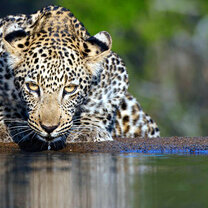
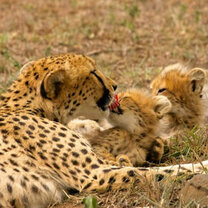
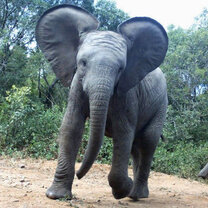
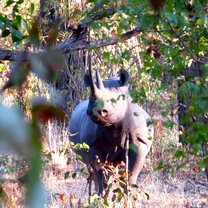
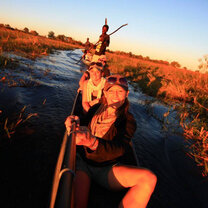
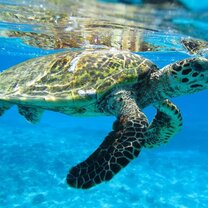
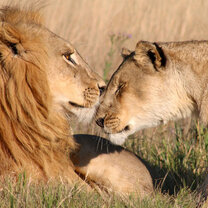
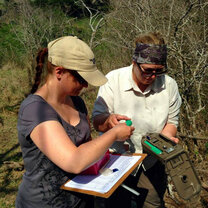
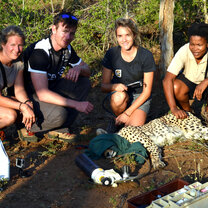
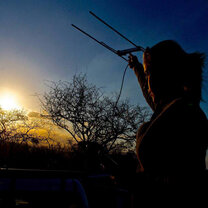
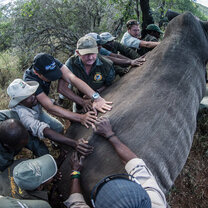
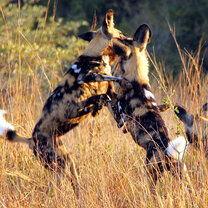






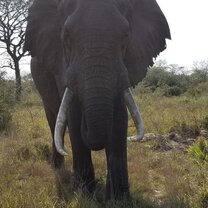
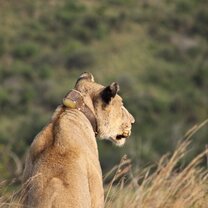
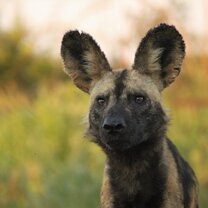
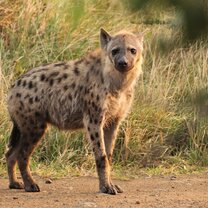
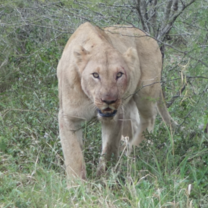








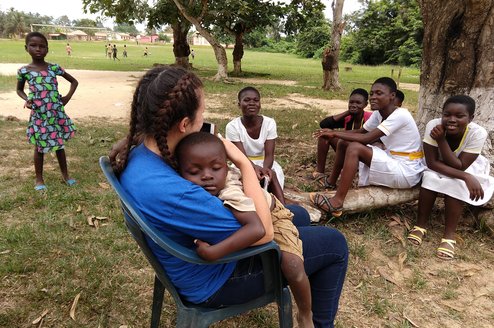
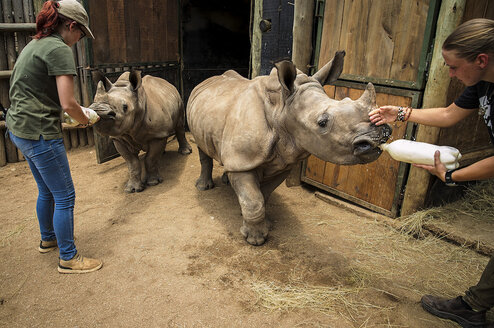
Hi Sheillah, Thank you for your query. We get a lot of people asking about employment opportunities within Wildlife ACT. With the conservation environment being as dynamic as it is, and with our goal to expand our conservation efforts, we are always interested in keeping potential candidates on file for when the need arises. We do, however, mainly look for potential wildlife monitors who are...